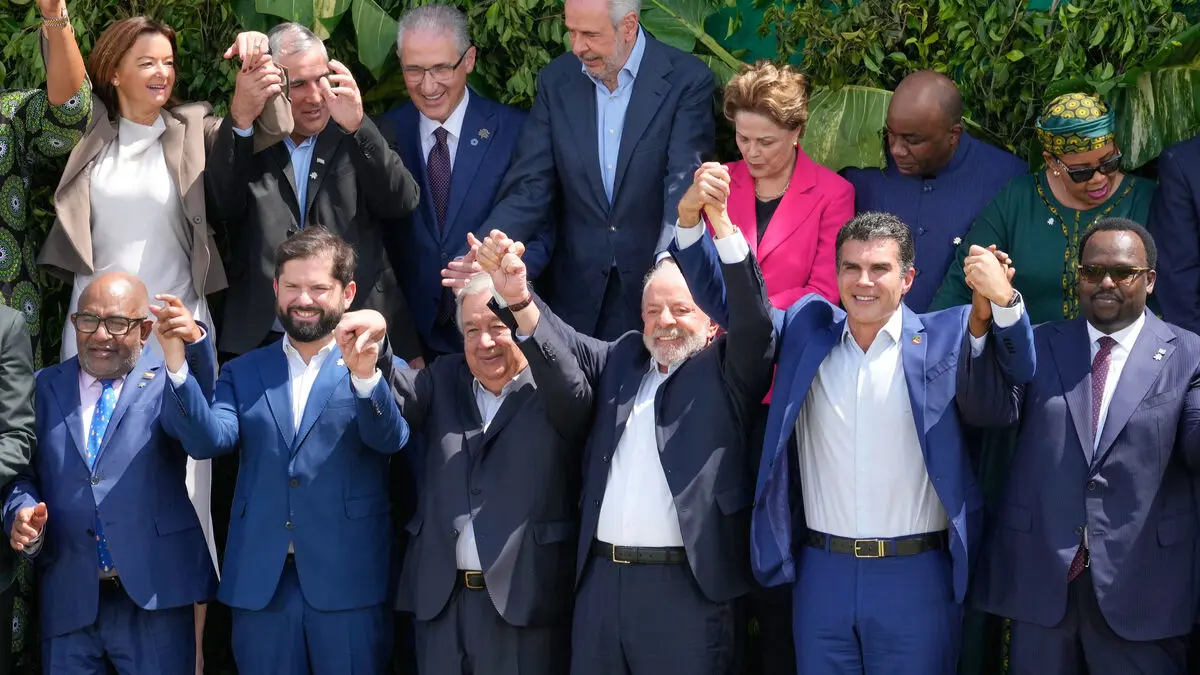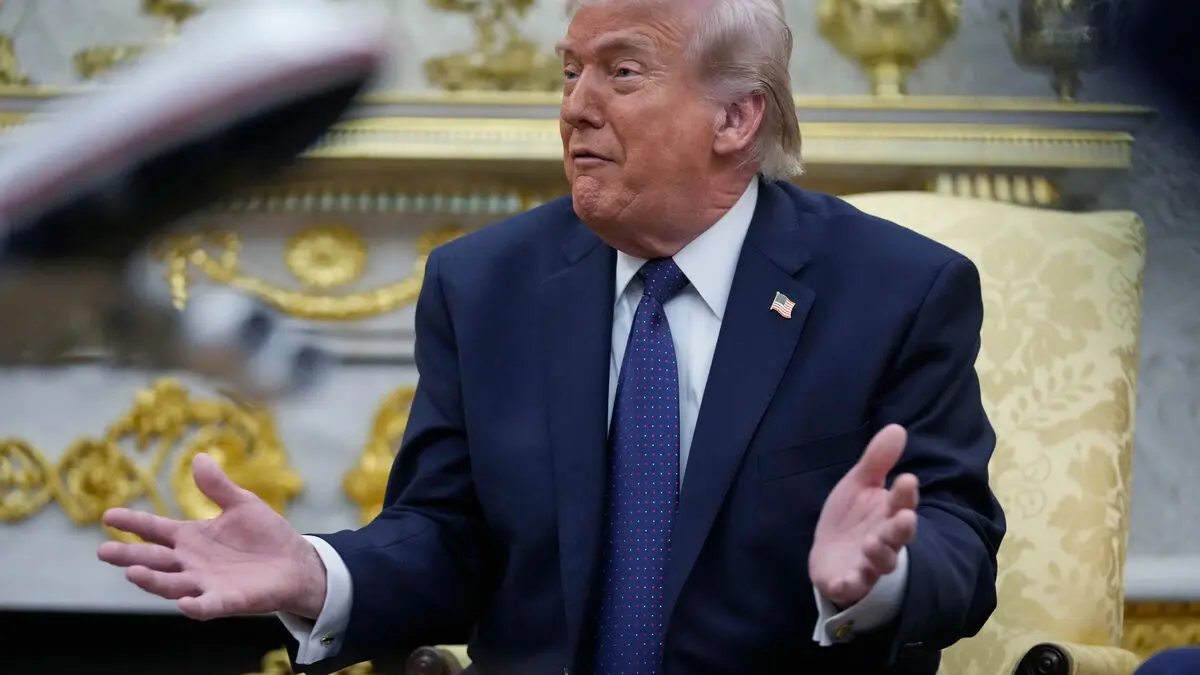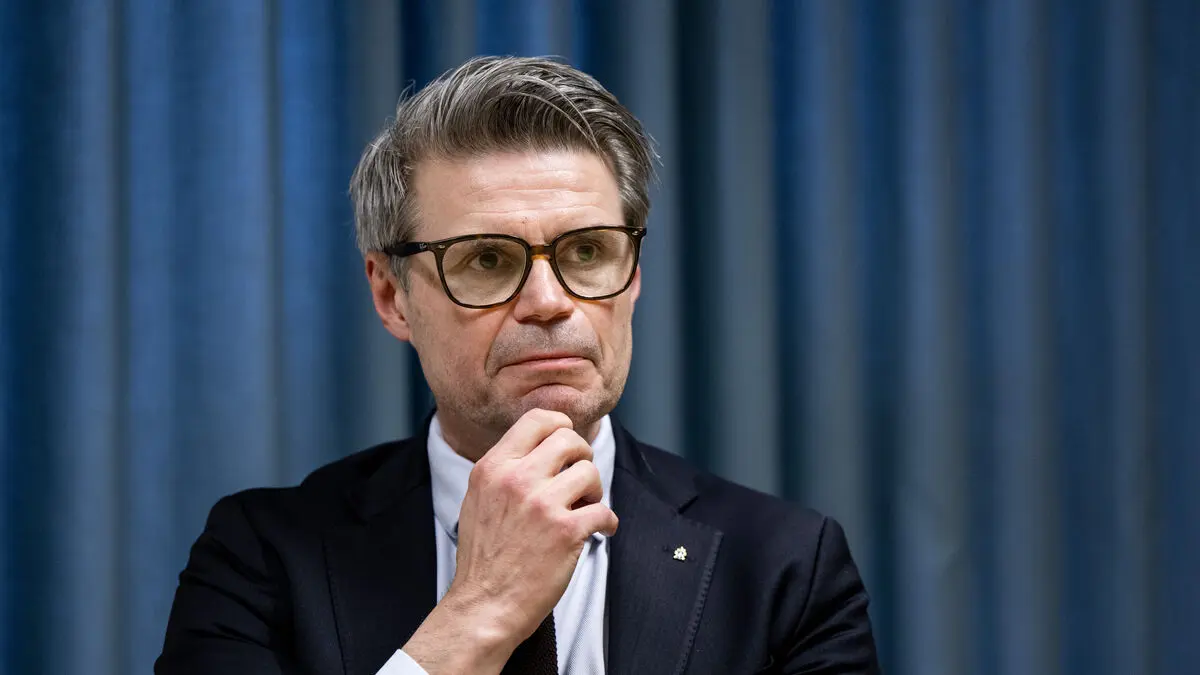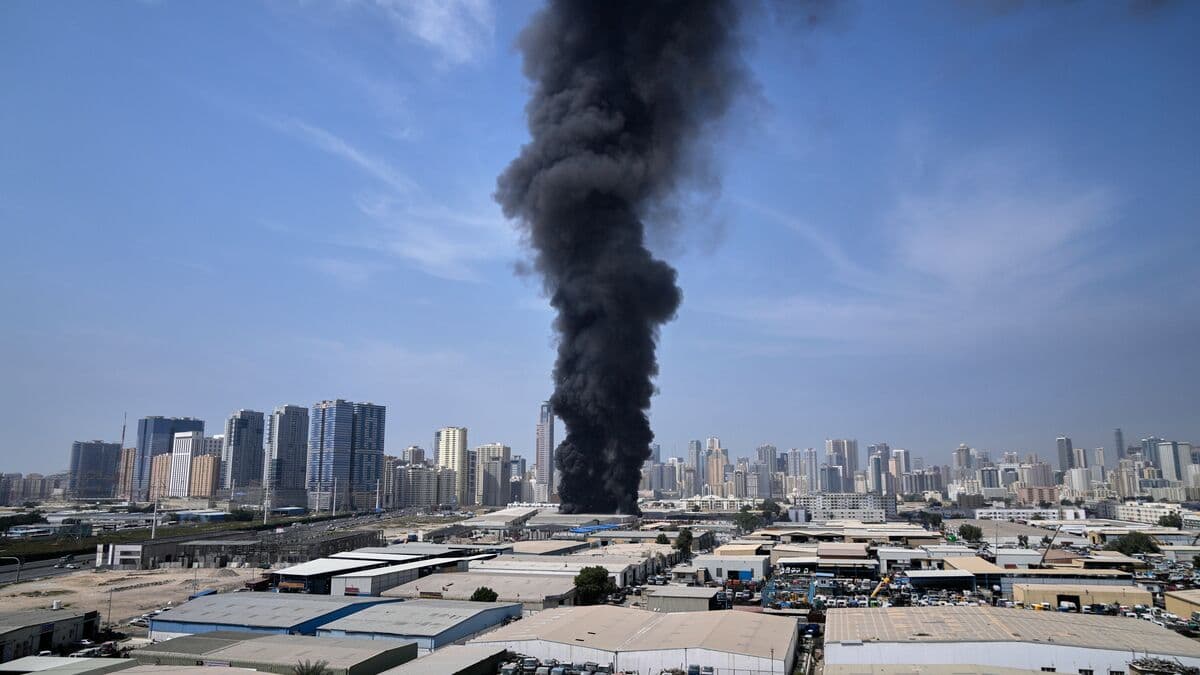The climate conference in Belém, Brazil, has begun.
"Climate change is no longer a future threat. It is a tragedy that is happening now," Brazilian President Luiz Inácio Lula da Silva said at the opening of the conference, AFP reports.
When ministers and senior officials from 194 countries meet in Belém, according to the BBC, leaders from more than 160 countries are staying home – including Swedish Prime Minister Ulf Kristersson. The rich countries have lost interest in the fight against the climate crisis, COP30 chairman André Corrêa do Lago stated at a press conference before the meeting. But the countries of the global south are moving forward.
It's not just this year, it's been going on for years, but it hasn't gotten the same attention as it does now.
Great uncertainty
The fact that the meeting was held in the city of Belém on the Amazon has been criticized because the city is inaccessible and has too few hotels for such a large meeting. But there was a reason for holding the meeting here, Lula da Silva has explained several times.
We want people to see the real situation of the forests, our rivers and our people who live there.
The lack of accommodation has been one of the big talking points leading up to the meeting, and work was ongoing to build pavilions right up until the very end.
But the biggest uncertainty lies in what the countries will actually be able to negotiate over the next two weeks. Can they agree to respond to the latest predictions about galloping global warming?
How can we avoid a conflict between rich and poor countries? And where will the money come from to help countries affected by extreme weather?
Fossil fuels
There are also major question marks over the fossil fuel roadmap presented by Lula da Silva. The oil industry – and the petrostates that depend on it – have been united since the world agreed in Dubai in 2023 to begin a gradual phase-out of fossil fuels.
"How are we going to do it? Can we agree on how to do it? That is one of the great mysteries of COP30," said André Corrêa do Lago.
Host country Brazil wants to focus on implementation – putting commitments already made into practice.
But a key climate pledge has already been eroded, The Guardian reports – the global methane pledge from COP26 in Glasgow to reduce methane emissions by 30 percent by 2030. In fact, emissions from some of the key signatories appear to have increased, which is likely to lead to increased temperatures globally.
The UN climate summits, COP, are held in different locations each year. COP stands for "Conference of the Parties" and refers to the parties to the UN Climate Convention.
The first climate summit COP1 was held in Berlin, Germany, in 1995.
At the meeting in Kyoto, Japan in 1997, the first global climate agreement, the Kyoto Protocol, was negotiated.
In the 2015 Paris Agreement, most of the world's countries agreed to keep the increase in global average temperature well below 2 degrees, and preferably below 1.5 degrees, compared to pre-industrial times. This will be done primarily by reducing greenhouse gas emissions.
COP30 will be held in Belém, Brazil, from November 10 to 21.






